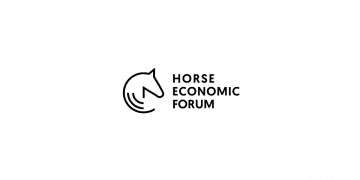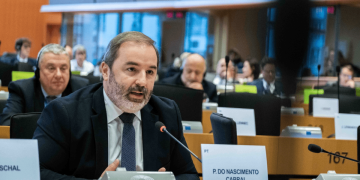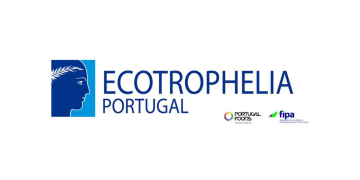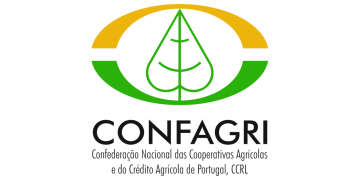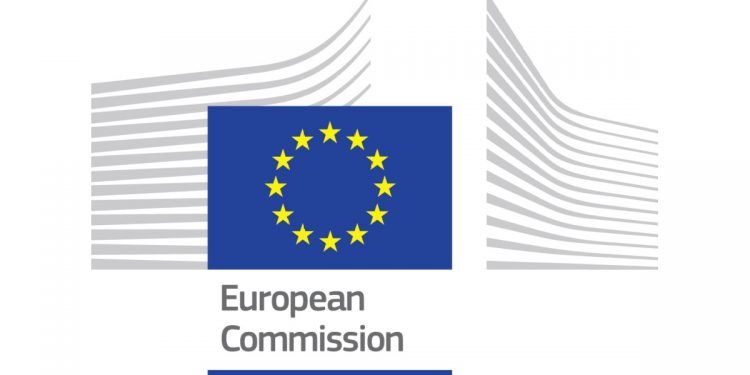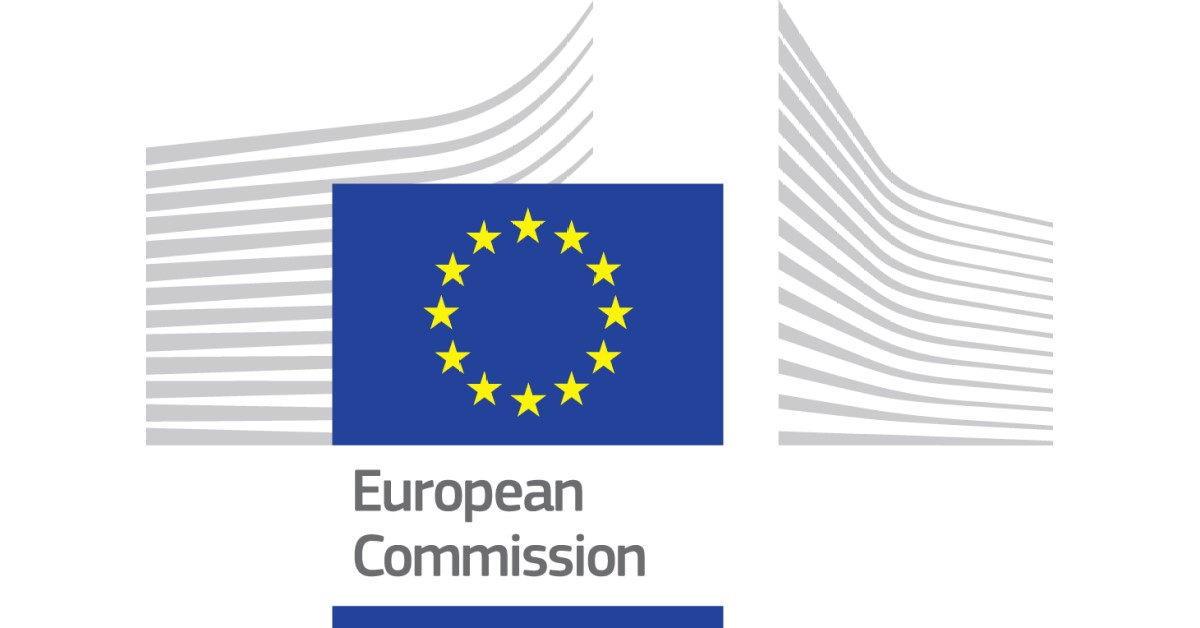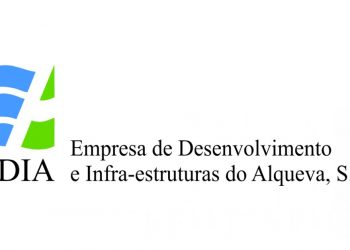1. Will the Commission renew the approval of glyphosate?
As required by EU legislation on pesticides, and in line with the Comitology rules, in the absence of a qualified majority in the Appeal Committee, the Commission is legally obliged to adopt a decision before the expiry of the current approval (15 December 2023). The Commission, based on the assessment made by EFSA of the impact of glyphosate on the health of humans, animals and the environment, and which did not identify critical areas of concern that would prevent a renewal of approval, will therefore adopt the proposed Regulation to renew the approval of glyphosate, subject to certain conditions and restrictions (see Q5).
On 16 November 2023, during a vote at the Appeal Committee, Member States did not reach a qualified majority on the Commission’s proposal to renew the approval of glyphosate for 10 years. This followed a previous vote at the Standing Committee on Plants, Animals, Food and Feed (SCOPAFF) on 13 October 2023, in which Member States also did not reach the required majority to renew (or reject) the proposal.
2. What is the basis for the Commission’s Decision?
The proposal for renewal of approval is based on comprehensive safety assessments carried out by the European Food Safety Authority (EFSA) and the European Chemicals Agency (ECHA), together with the Member States.
This scientific work is the result of a thorough assessment process that started in December 2019 with the work of a group of Member States – France, Hungary, the Netherlands and Sweden, designated as Rapporteur Member States (and which formed the Assessment Group on Glyphosate (AGG)).
The assessment made by EFSA on the impact of glyphosate on the health of humans, animals and the environment did not identify critical areas of concern that would prevent a renewal of the approval.
This scientific work took into account all available information, both mandatory regulatory studies required by the EU law and an unprecedented body of published scientific literature. All submitted studies from public literature were assessed based on their relevance and reliability for the risk assessment procedure, in line with the relevant guidance of EFSA[1].
In the specific case of glyphosate, the applicants screened more than 16 000 published studies, of which about 2 000 were considered as potentially relevant and were further assessed for their relevance, resulting in about 780 relevant publications after full text screening.
During the public consultation on the assessment carried out by the AGG, 300 additional studies were brought to the attention of the AGG and EFSA.
The EFSA Conclusion and all background documents are publicly available on the EFSA website.
3. How will the decision on renewal of approval at EU level affect the authorisation of use of products containing glyphosate in the Member States?
Member States remain responsible for national authorisation of plant protection products (PPPs) containing glyphosate.
The EU regulatory system sets out a two-step process for the placing of plant protection products (PPP) on the market.
Following the approval of active substances at EU level, before any PPP containing them can be placed on the market or used, it must be individually evaluated and authorised in each Member State.
When performing such assessments and before granting authorisations, Member States must take into account the specific conditions set in the approval at EU-level and also their specific national circumstances (e.g., geo-climatic conditions, agricultural production systems, etc.)
Member States are thus responsible for national authorisation of plant protection products (PPPs) containing glyphosate. Following the renewal of approval, all national authorisations must be reviewed and in the light of the conditions and restrictions set in the renewal of approval Member States can restrict their use at national or regional level if they consider this necessary based on the outcome of risk assessments, in particular when considering the need to protect biodiversity.
4. Why will the Commission adopt a 10-year renewal of the approval and not 15 years as is usually the case for renewal of approval of active substances?
The current approval for glyphosate, which will expire on 15 December 2023, had been exceptionally granted for five years, following a comprehensive assessment carried out between 2012-2017.
Glyphosate has now been fully re-evaluated again, via a rigorous process which took 4 years (between 2019 and 2023), and which considered a significant amount of scientific information.
Both the earlier and the current assessments did not identify any critical concerns.
It was thus verified twice within a short time period that the approval criteria laid down in the EU legislation on pesticides are fulfilled.
The current renewal process was based on a thorough assessment of a very extensive body of evidence. It is not expected that in the short-term significant new scientific information or knowledge would materialise that would result in a different outcome. Hence, a renewal of glyphosate for a relatively short period would not be justified.
Nevertheless, research on glyphosate is intensifying. New insights on the properties of glyphosate relevant for the protection of human health and environment can be expected. If evidence emerges that indicates that the approval criteria are no longer fulfilled, a review of the approval at EU level may be initiated at any time and the Commission will take action immediately to amend or withdraw the approval if this is scientifically warranted.
To balance those considerations, the Commission will adopt a renewal of the approval of glyphosate for a period significantly shorter than the maximum possible, namely 10 years. This means that, in accordance with the EU rules on renewal of approval of active substances, applicants need to submit an application after 7 years if they want to keep glyphosate on the market.
Furthermore, the use of each plant protection product needs to be authorised by the Member States.
5. Will the Decision include conditions and restrictions of use?
The EU legislation on plant protection products foresees that the Commission may impose conditions or restrictions when approving an active substance, if necessary for the safe use of the substance.
As part of its proposal to renew the approval of glyphosate, the Commission has included several new conditions, amongst which:
- the prohibition for use as a desiccant (with the intention to control the time point of harvest or to optimise the threshing).
- the setting of maximum limits for 5 impurities in glyphosate (i.e., in the material manufactured). These limits are set to ensure that humans and the environment are fully protected.
- the requirement for Member States to pay particular attention to specific aspects when carrying out risk assessments (e.g., the protection of small herbivorous mammals, such as voles, and non-target plants, such as wildflowers) and to set risk mitigation measures to ensure that non-target organisms and the environment are protected.
- the setting of maximum application rates that shall not be exceeded unless the outcome of the risk assessment undertaken for the specific uses for which authorisation is applied for demonstrates that a higher rate does not lead to any unacceptable effects on small herbivorous mammals.
- an obligation for the applicant to submit information on the possible indirect impacts on biodiversity within 3 years from the availability of an appropriate guidance document. The Commission will request EFSA to develop the necessary guidance.
6. What do you respond to those who say that glyphosate is carcinogenic?
Based on an assessment of all available information, there is currently no evidence to classify glyphosate as being carcinogenic.
On 30 May 2023, ECHA adopted an opinion on the classification and labelling of glyphosate that confirmed that glyphosate is not to be classified as carcinogenic (nor mutagenic or toxic for reproduction). This opinion confirms the earlier one of ECHA published in 2017.
This is an opinion shared by most major regulatory agencies around the world.
EFSA also confirmed that glyphosate is not an endocrine disruptor.
The ECHA opinion has been taken into account in the peer review process by EFSA.
7. Could this Decision be reviewed if new scientific evidence emerges that calls into question the safety of glyphosate?
A massive assessment has been carried out as part of the renewal decision, making glyphosate probably the most widely studied active substance in the world.
However, if new evidence emerges that would show that the approval criteria are not met, the Commission will take action immediately to amend or withdraw the approval if this is scientifically warranted.
For more information:
- The Commission’s glyphosate page: Glyphosate (europa.eu), which includes the text to be adopted.
- EFSA published a factsheet and a press release, summarising the conclusions of the peer review on 6 July 2023. The full EFSA Conclusion was published on 26 July 2013.
- Further information, including the background documents to the Conclusion can be found on EFSA’s dedicated glyphosate webpage.
- ECHA has a webpage which provides information on the classification and labelling process for glyphosate as well as a link to the Opinion of the Committee for Risk Assessment.
Artigo publicado originalmente em Comissão Europeia.



